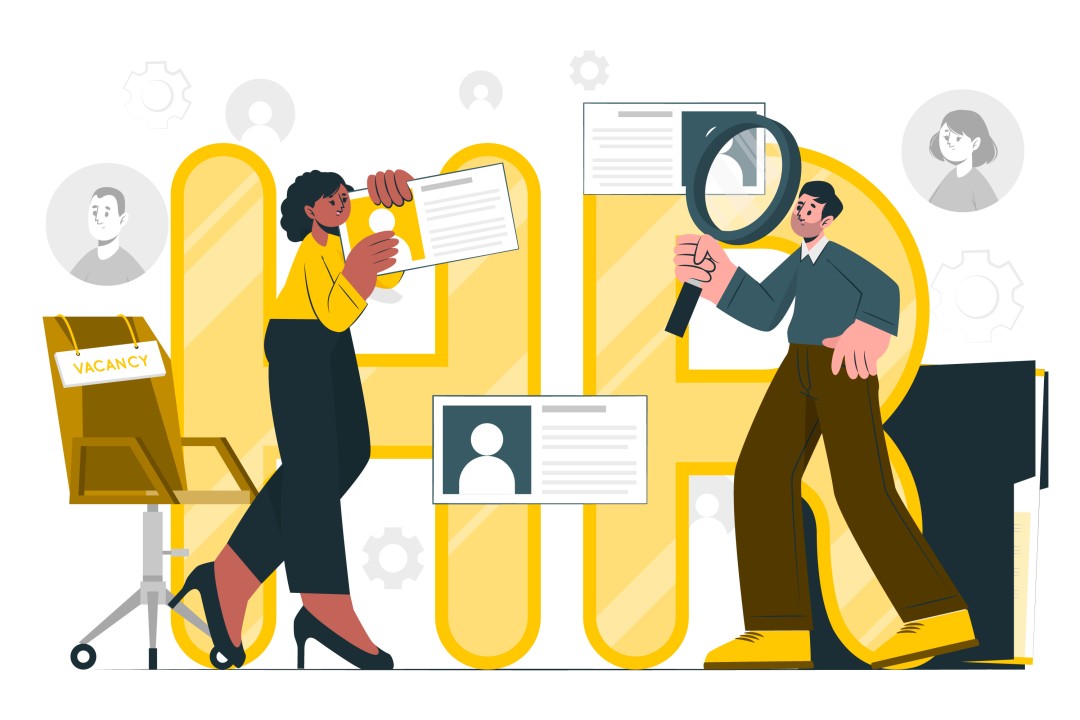1. People Analytics and Data-Driven HR
HR professionals are increasingly leveraging people analytics to make informed decisions. By analyzing data on employee performance, engagement, and retention, HR can identify trends and develop strategies to improve overall workforce management
2. AI and Automation in HR Processes
The integration of AI and automation tools is transforming HR processes. From recruitment to performance management, AI-driven solutions are enhancing efficiency and accuracy, allowing HR professionals to focus on strategic initiatives
3. Remote and Hybrid Work Models
With the rise of remote and hybrid work models, HR professionals need to adapt their policies and practices to support a distributed workforce. This includes developing robust remote work policies, ensuring effective communication, and maintaining employee engagement and productivity.
4. Diversity, Equity, and Inclusion (DEI) Initiatives
DEI continues to be a top priority for organizations. HR professionals are implementing programs and policies to foster an inclusive workplace culture, promoting diversity, and ensuring equal opportunities for all employees
5. Employee Well-being and Mental Health
There is a growing focus on employee well-being and mental health. HR professionals are introducing wellness programs, mental health support, and work-life balance initiatives to create a healthier and more productive work environment
6. HR Technology and Digital Transformation
The adoption of advanced HR technologies is reshaping the HR landscape. From HR information systems (HRIS) to employee engagement platforms, technology is playing a crucial role in modernizing HR practices
7. Legal and Regulatory Updates
HR professionals must stay updated with the latest employment laws and regulations. This includes changes in minimum wage, overtime rules, worker classification, data protection, and workplace safety standards
8. Upskilling and Continuous Learning
Continuous learning and upskilling are essential for HR professionals to keep pace with industry changes. Investing in professional development and training programs helps HR stay relevant and effective in their roles.


